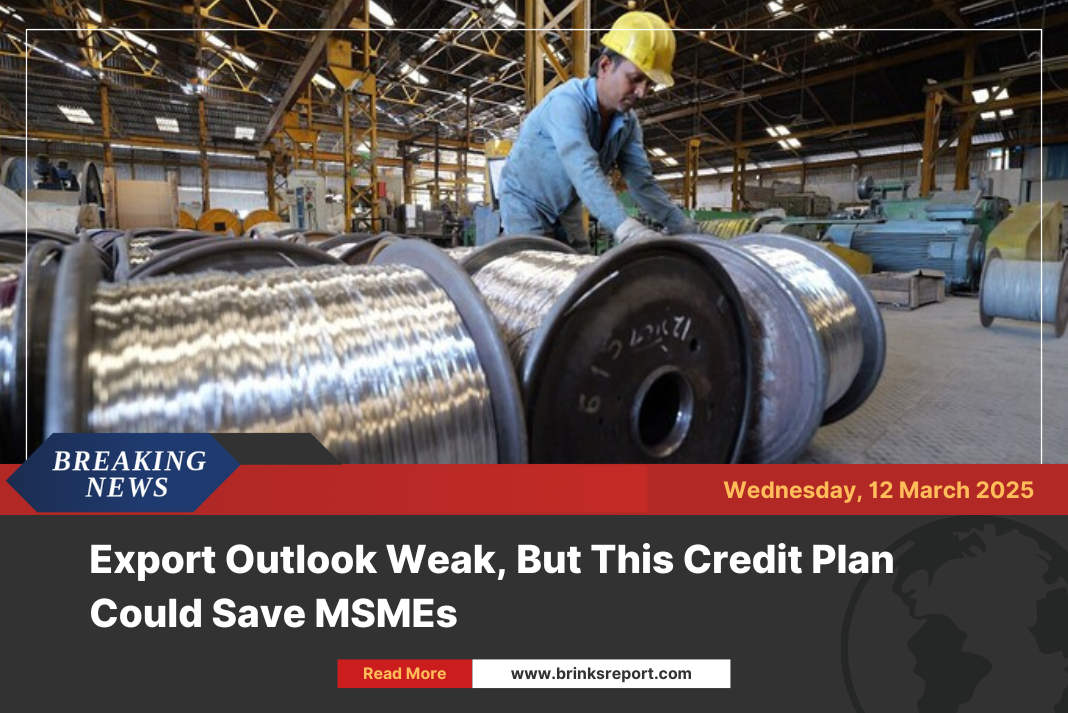
Donald Trump Tariffs: Revisiting His 1988 Stance on Trade Policies
A 1988 interview with Donald Trump and Oprah Winfrey has resurfaced amid his recent move to impose new tariffs on trade partners. In the interview, Trump voiced strong opinions on international trade, criticizing U.S. policies and the country’s unfair treatment by other nations. His 2025 tariff decisions appear to be in line with the same ideas he discussed decades ago.
Key Moments from the 1988 Interview
In 1988, Trump wasn’t shy about expressing his frustration with trade practices that, in his view, hurt American businesses. He argued that the U.S. was being taken advantage of by its allies and trading partners. Here are some key quotes from that interview:

- On Allies: Trump stated, “I’d make our allies pay their fair share. We are a debtor nation… We let Japan dump everything into our markets. It’s not free trade.”
- On Japan: He added, “If you try to sell something in Japan, forget about it… They knock the hell out of our companies.”
- On Kuwait: Trump also criticized Kuwait’s lack of contribution, saying, “Kuwaitis live like kings, yet they’re not paying us. Why aren’t they giving us 25% of their oil profits? It’s a joke.”
These comments paint a clear picture of Trump’s view on trade: the U.S. wasn’t getting the fair deal it deserved. He wanted stronger protection for American industries and more reciprocal treatment from its allies.
Also Read: “Can’t Wash My Hair!” Trump Water Pressure Regulations Rant Goes Viral
The 2025 Tariff Decisions
Fast forward to 2025, and Trump’s stance on trade is still alive and well. Recently, he imposed a new set of tariffs that echoed the protectionist policies he discussed in 1988. The baseline tariff on most imports was set at 10%, with a particular focus on India, which faced a significant 27% tariff due to accusations of unfair trade practices. Canada and Mexico, however, were exempted from these tariffs thanks to existing trade agreements.
These tariff actions seem to follow Trump’s long-held belief that America needs to level the playing field by ensuring that other countries contribute fairly. The focus on reciprocal tariffs, particularly with nations like India, mirrors his 1988 criticism of the way other countries treated American businesses. The idea of “America First” continues to guide his approach to global trade, insisting that the U.S. needs to be stronger in negotiating its deals.
Also Read: “Traitor!” Trump Signs Orders Targeting Critics, Strips Ex-Officials of Clearance
Why the Resurfaced Interview Matters
The resurfacing of this 1988 interview is no coincidence. It highlights the consistency in Trump’s trade policies over the years. Whether in 1988 or 2025, his approach has been centered around a desire for fairness in international trade.
His criticism of countries like Japan and Kuwait, as well as his push for stronger action from allies, remains at the heart of his trade philosophy.
For many, the reappearance of these statements serves as a reminder that Trump’s economic policies are rooted in long-standing beliefs about the unfairness of global trade dynamics. He believes that the U.S. should not be the one carrying the weight in international agreements, and his recent tariff decisions are an extension of that mindset.
Donald Trump on the Oprah Winfrey show in 1988. He was right about everything. pic.twitter.com/Jm3I58ILzU
— End Wokeness (@EndWokeness) August 22, 2024
The Impact of Trump’s Tariffs
Trump’s new tariffs have been met with mixed reactions. While some argue that they are necessary to protect American industries and ensure fair treatment, others believe the measures could spark trade wars and harm global relations.
Regardless of the debate, one thing is clear: Trump is sticking to his “America First” stance, and his approach to trade is unlikely to change anytime soon.
As the 2025 tariffs begin to take effect, it’s evident that Trump’s 1988 remarks were not just words—they were a preview of his long-term trade vision. By revisiting his past statements, we gain a deeper understanding of his economic policies and the direction he’s taking the U.S. in the global market.












